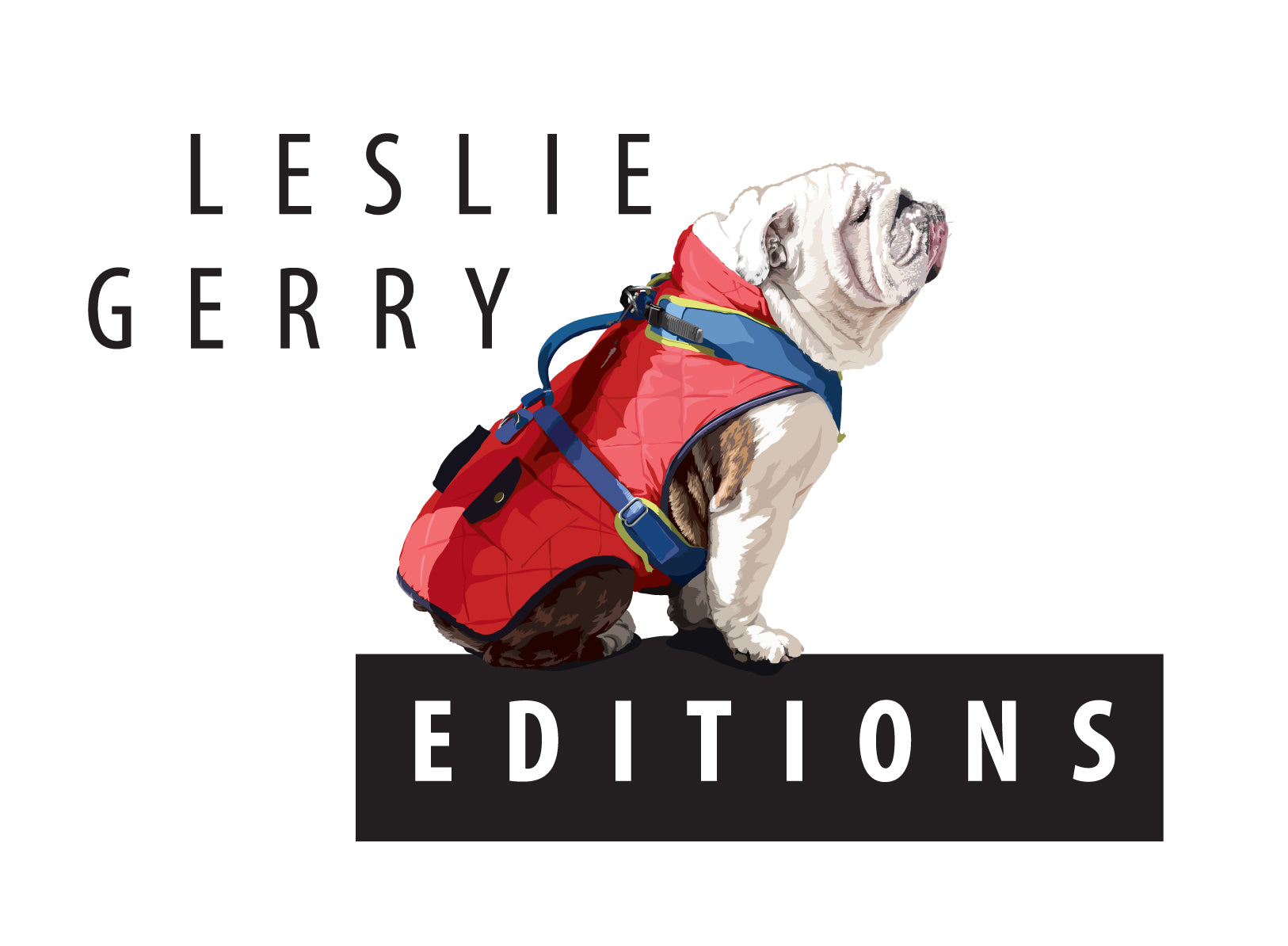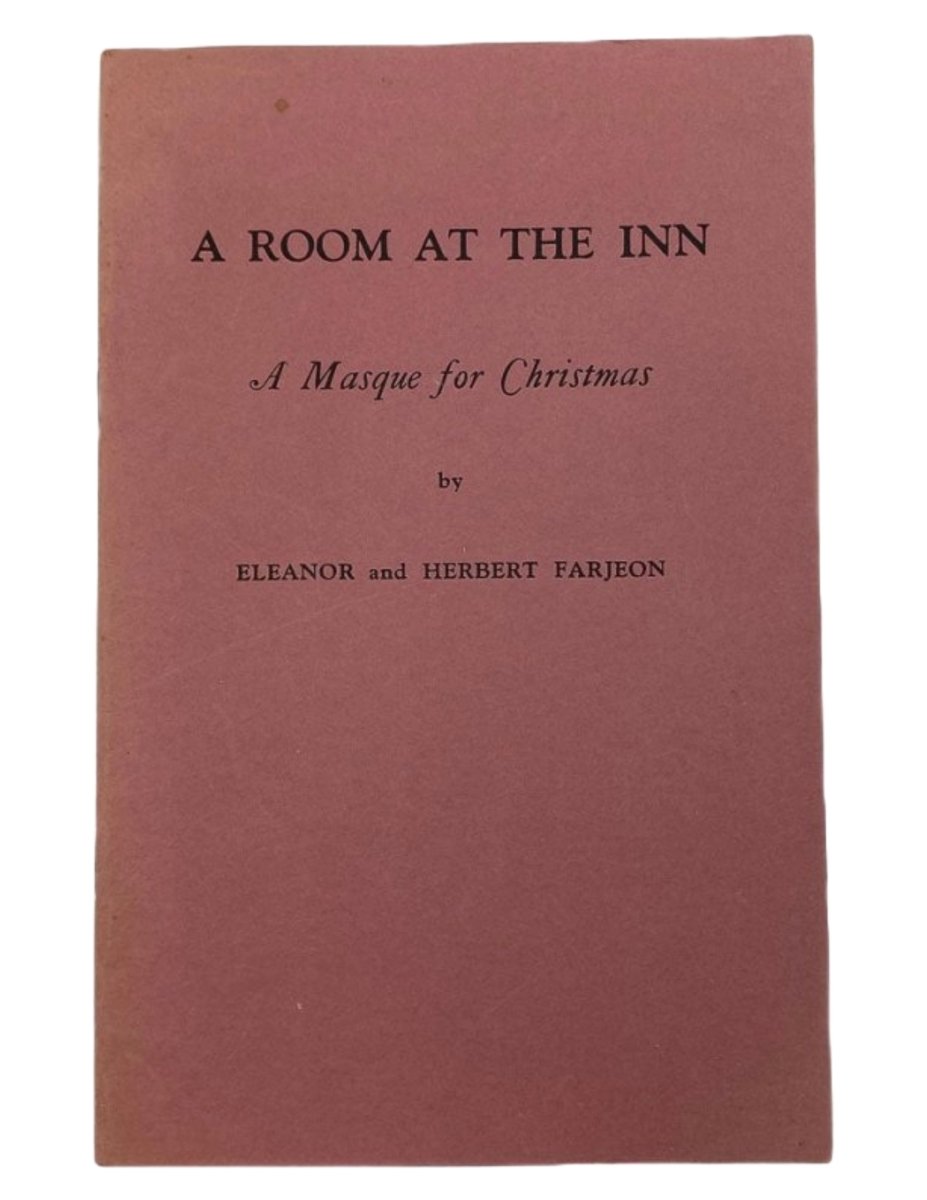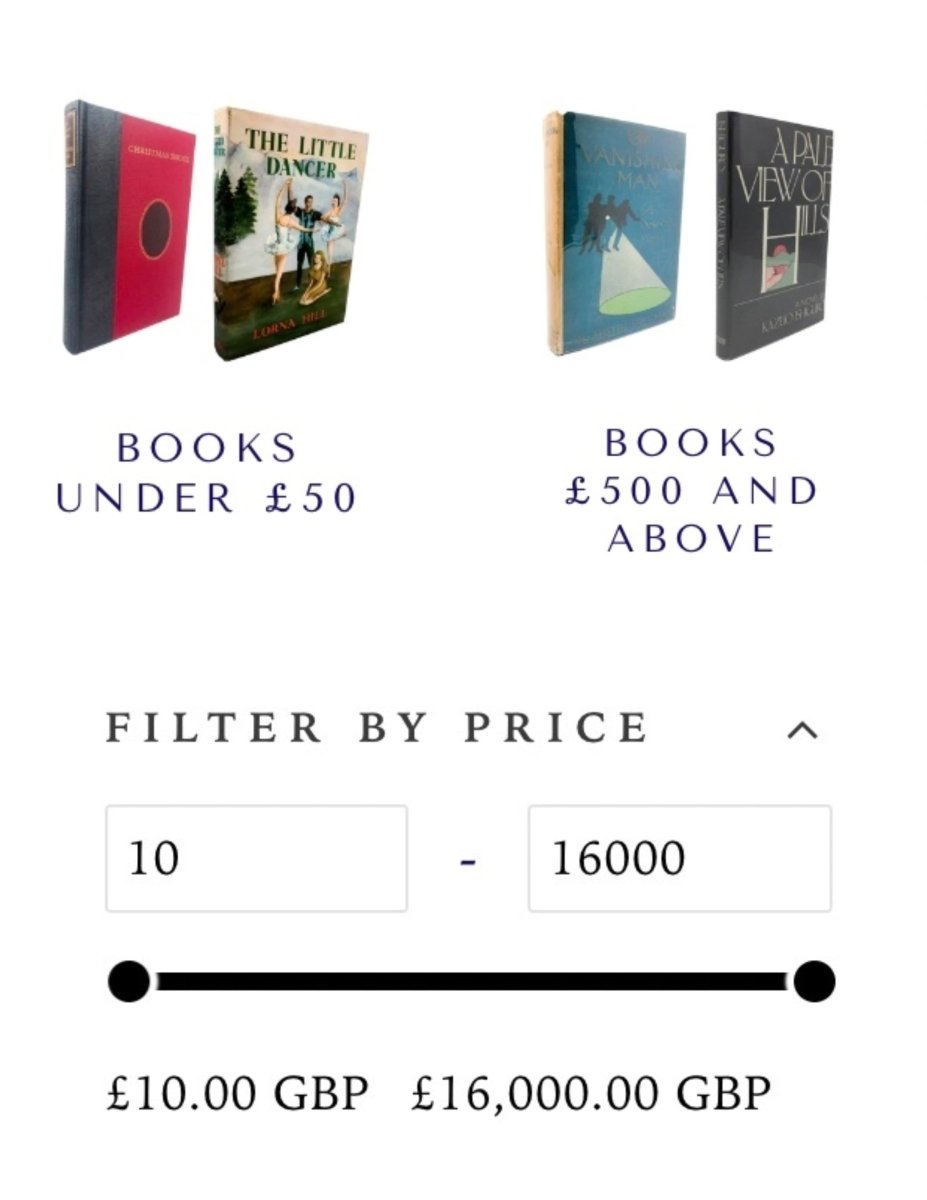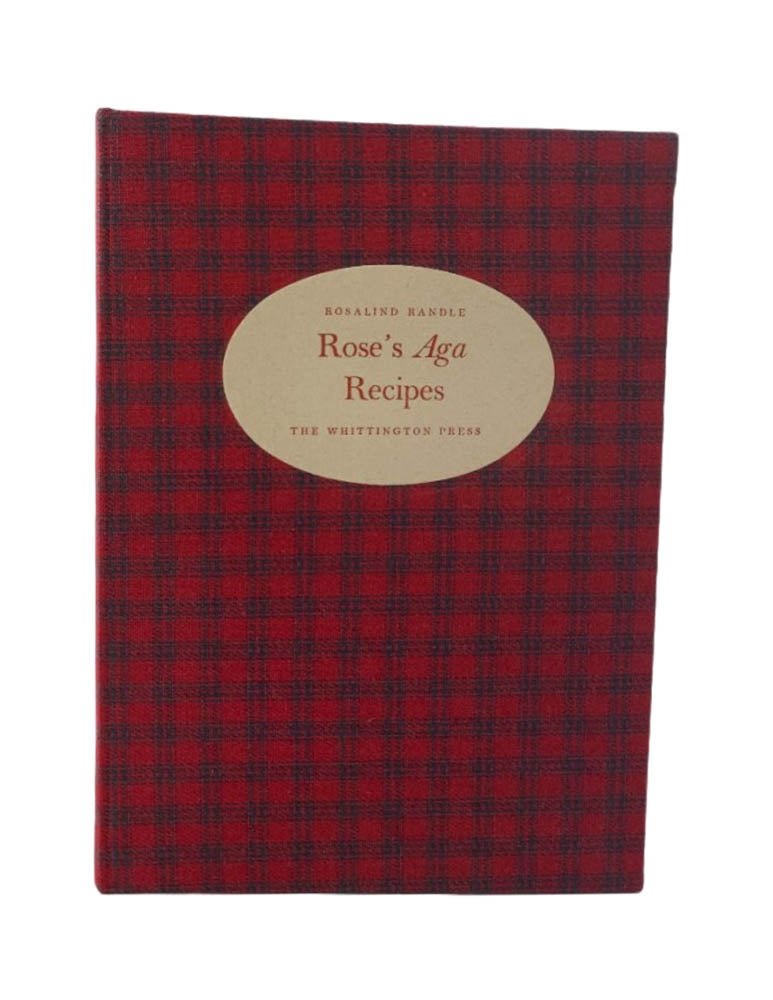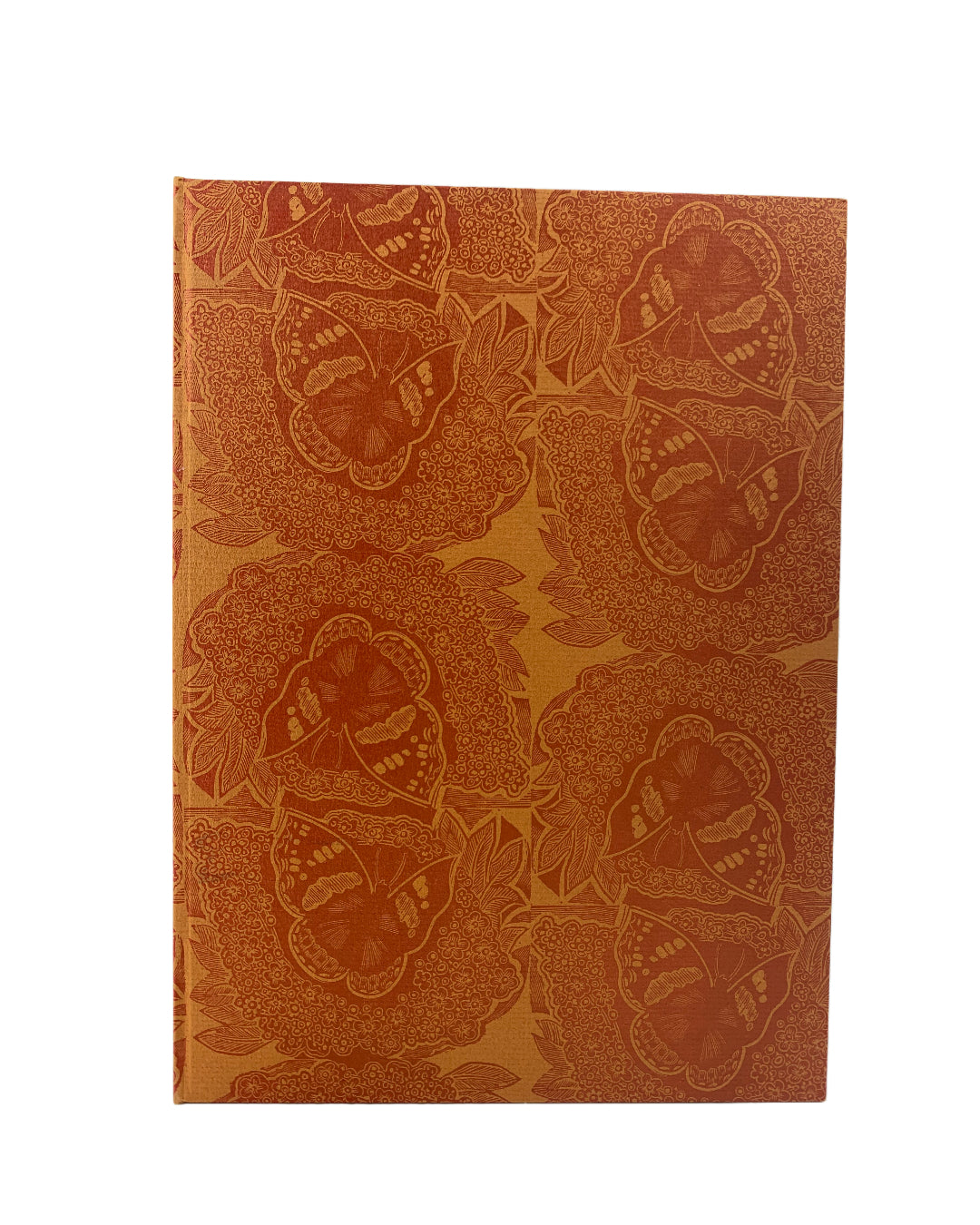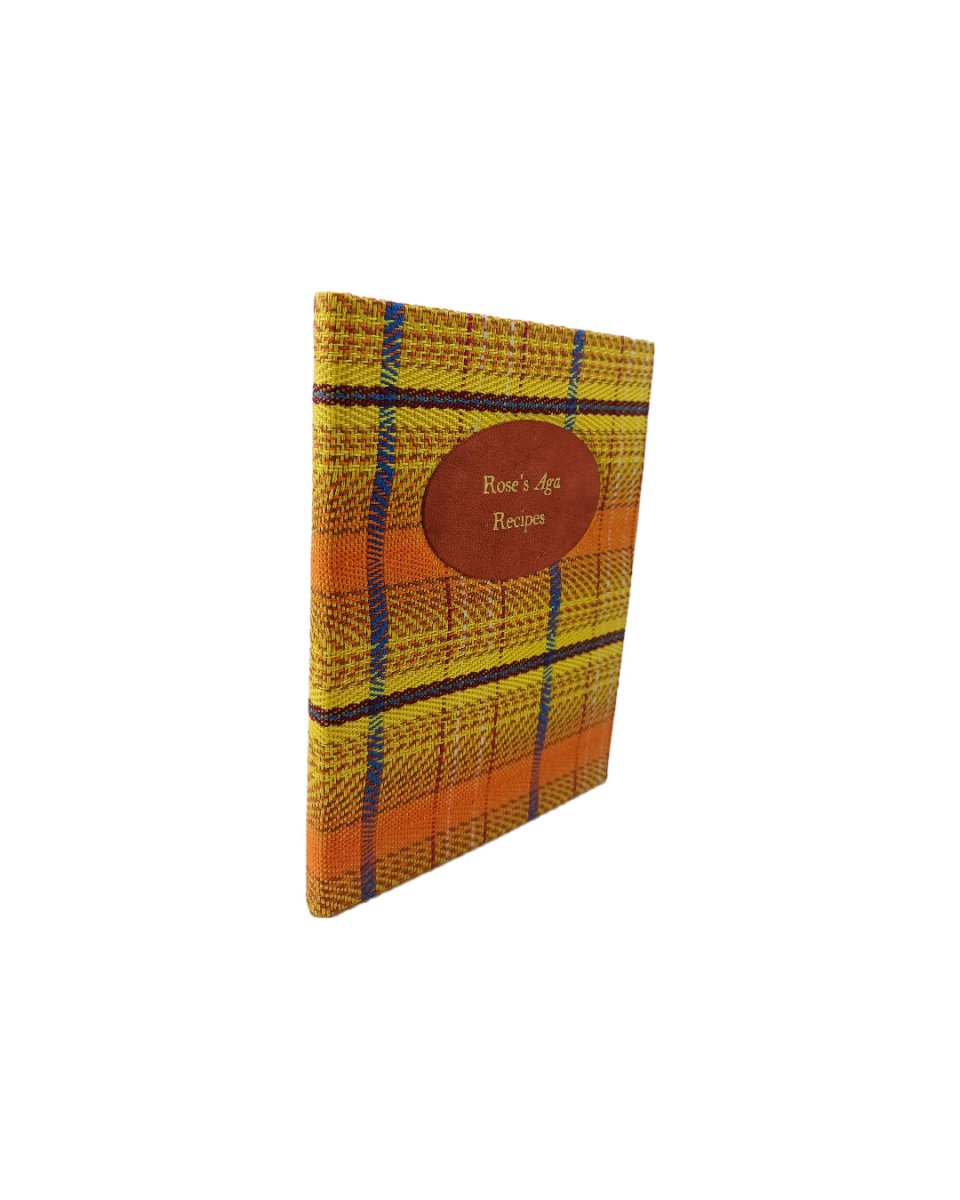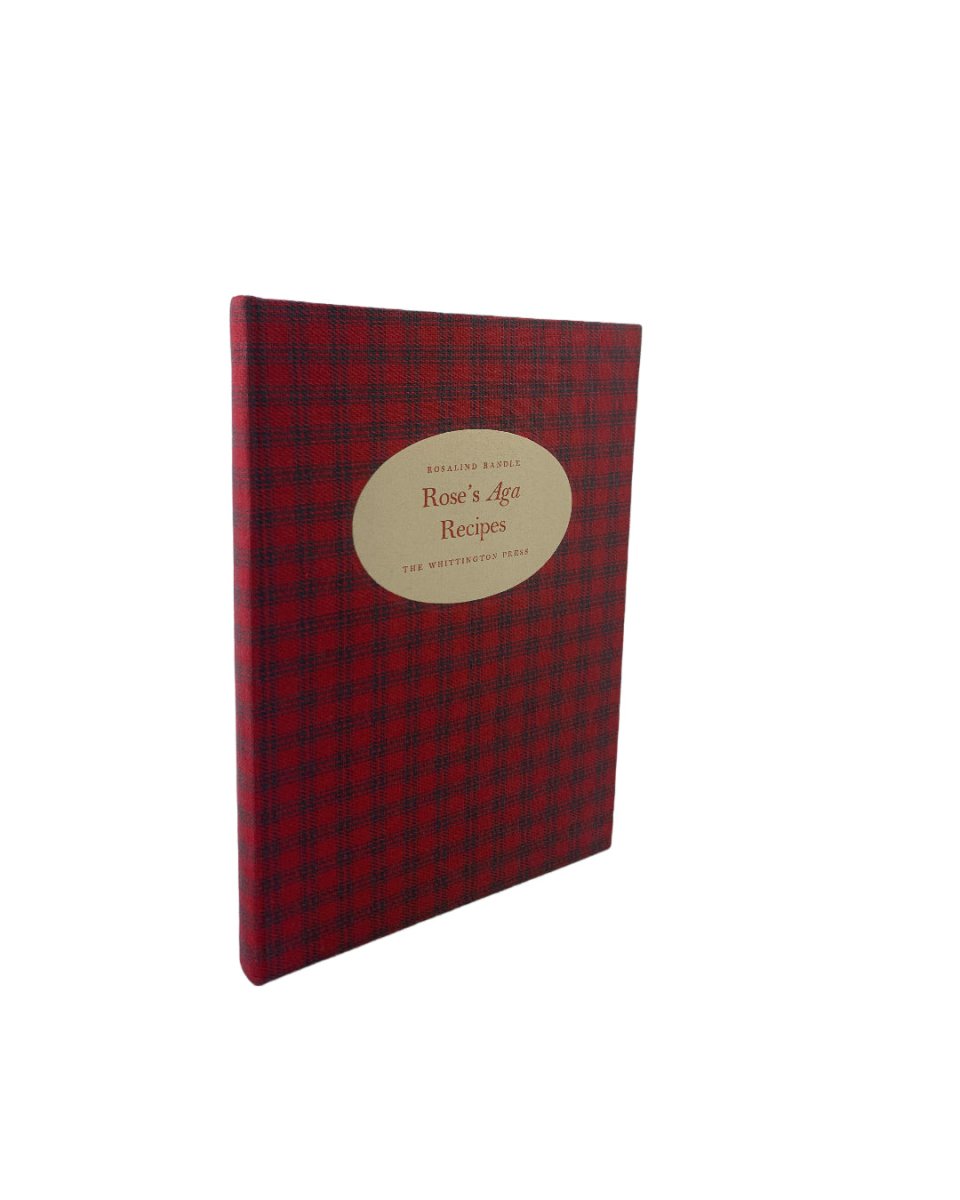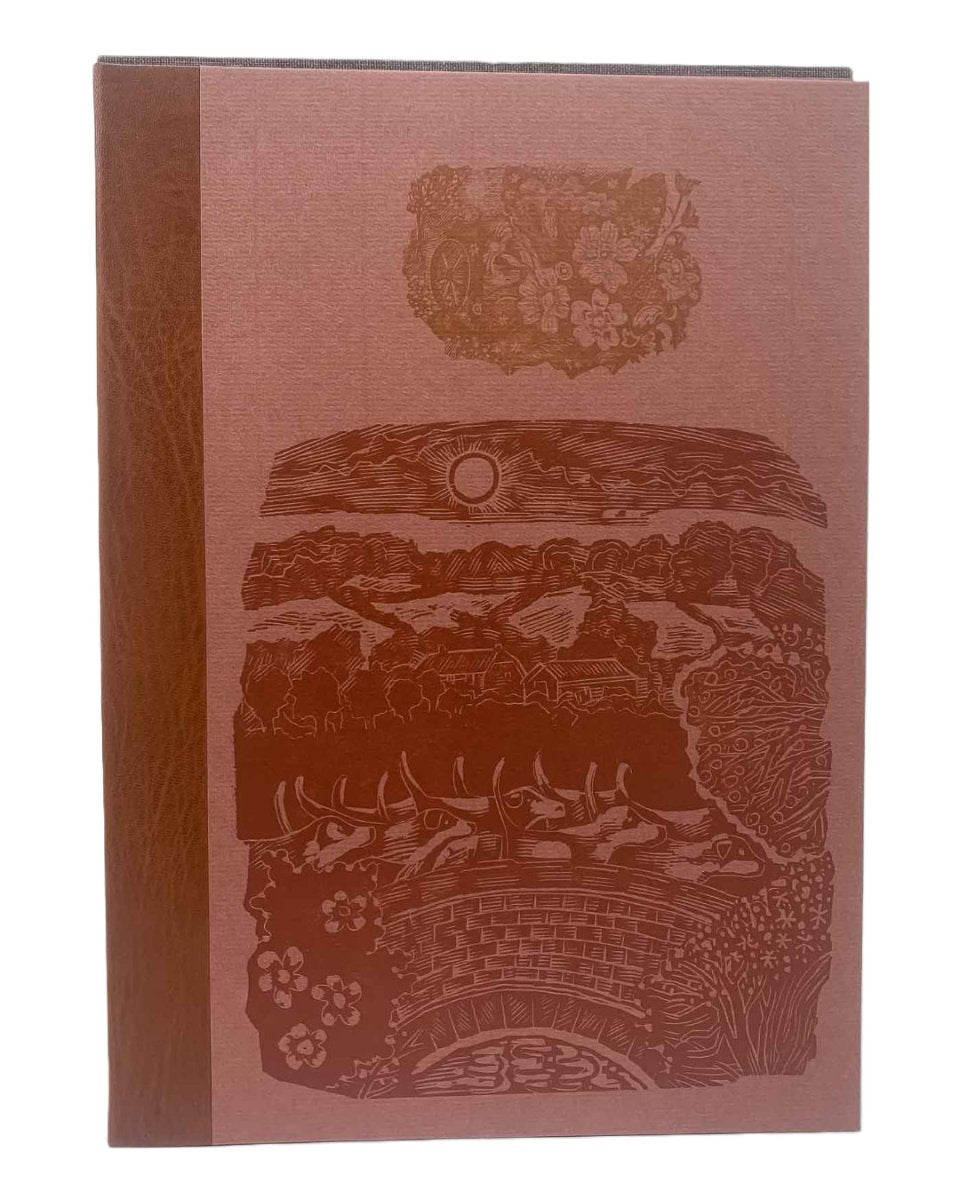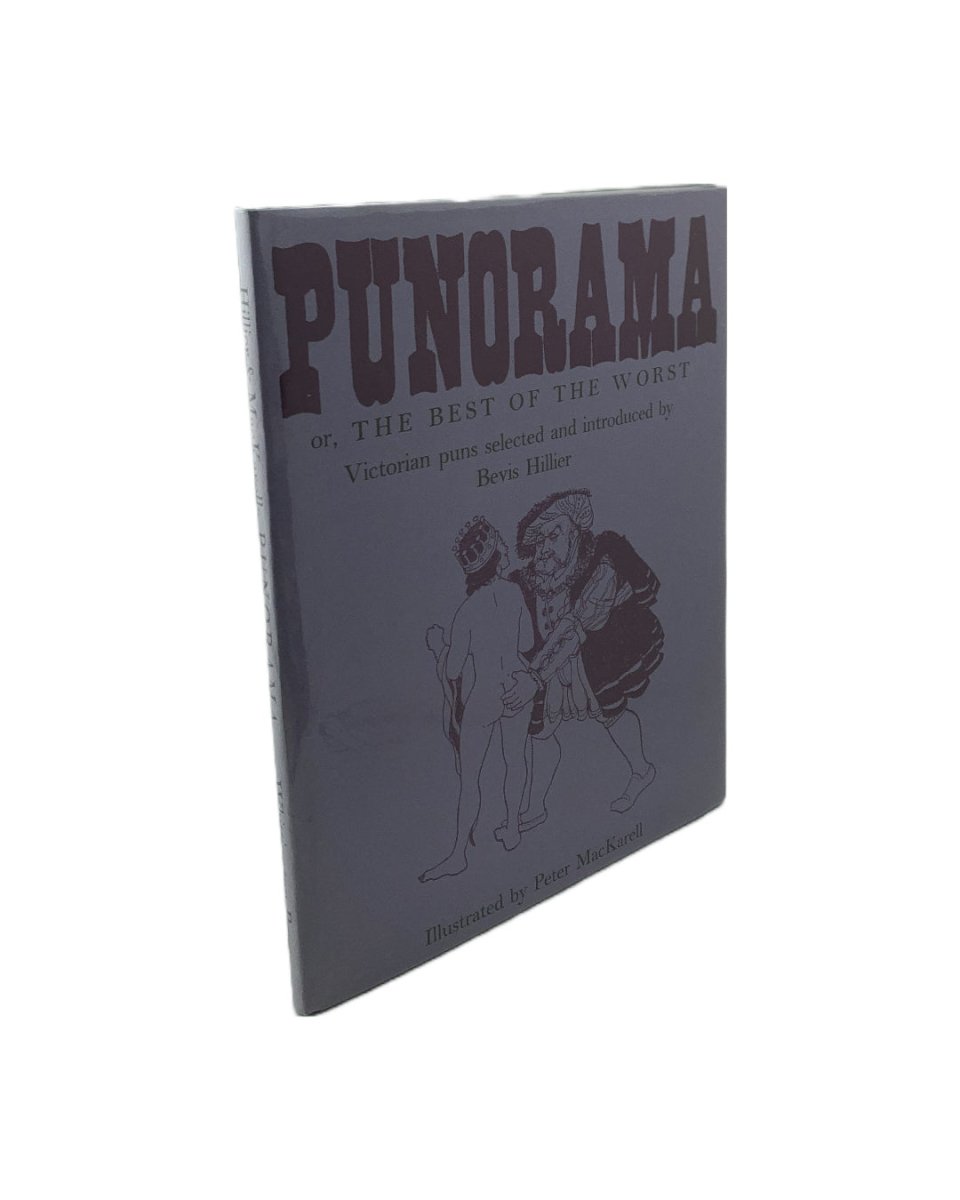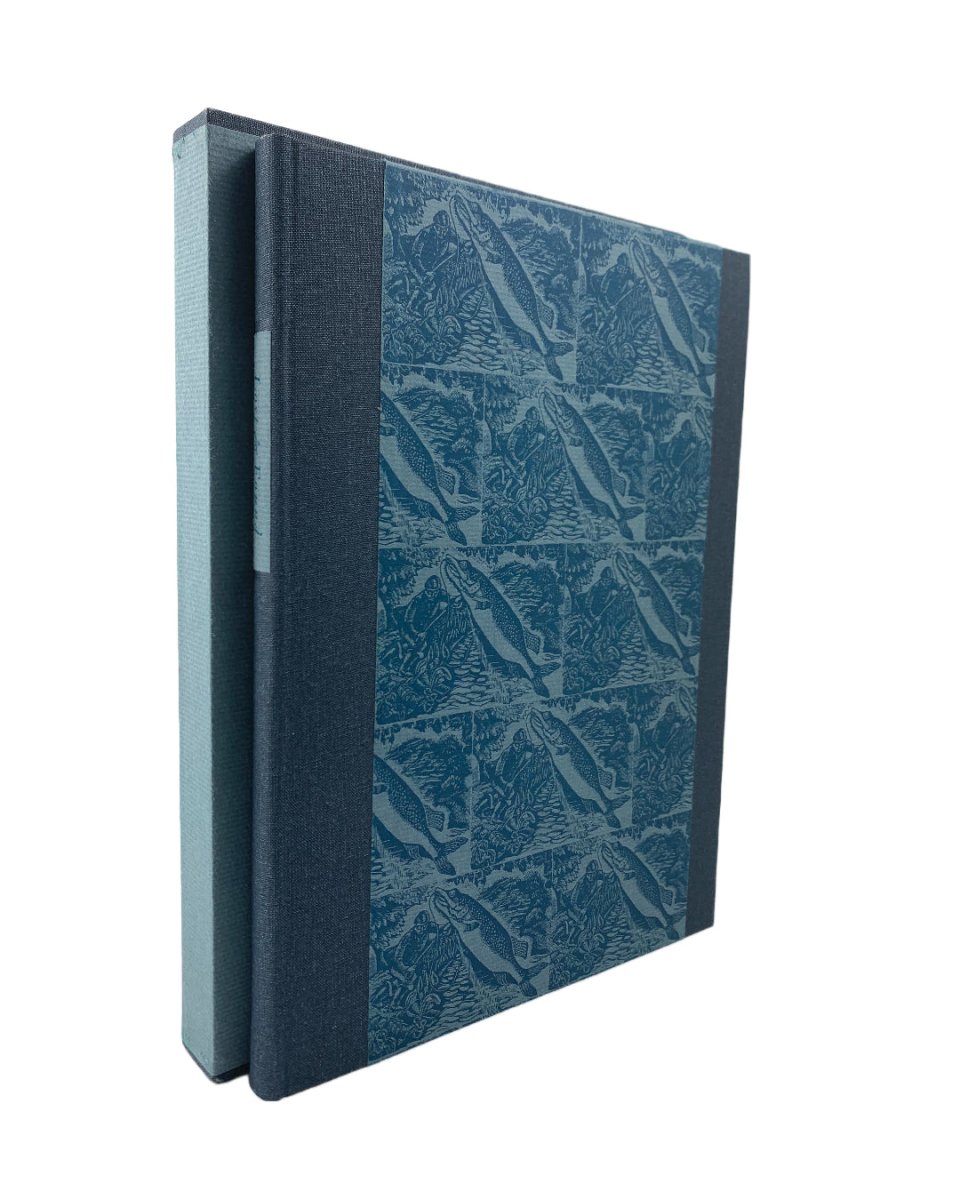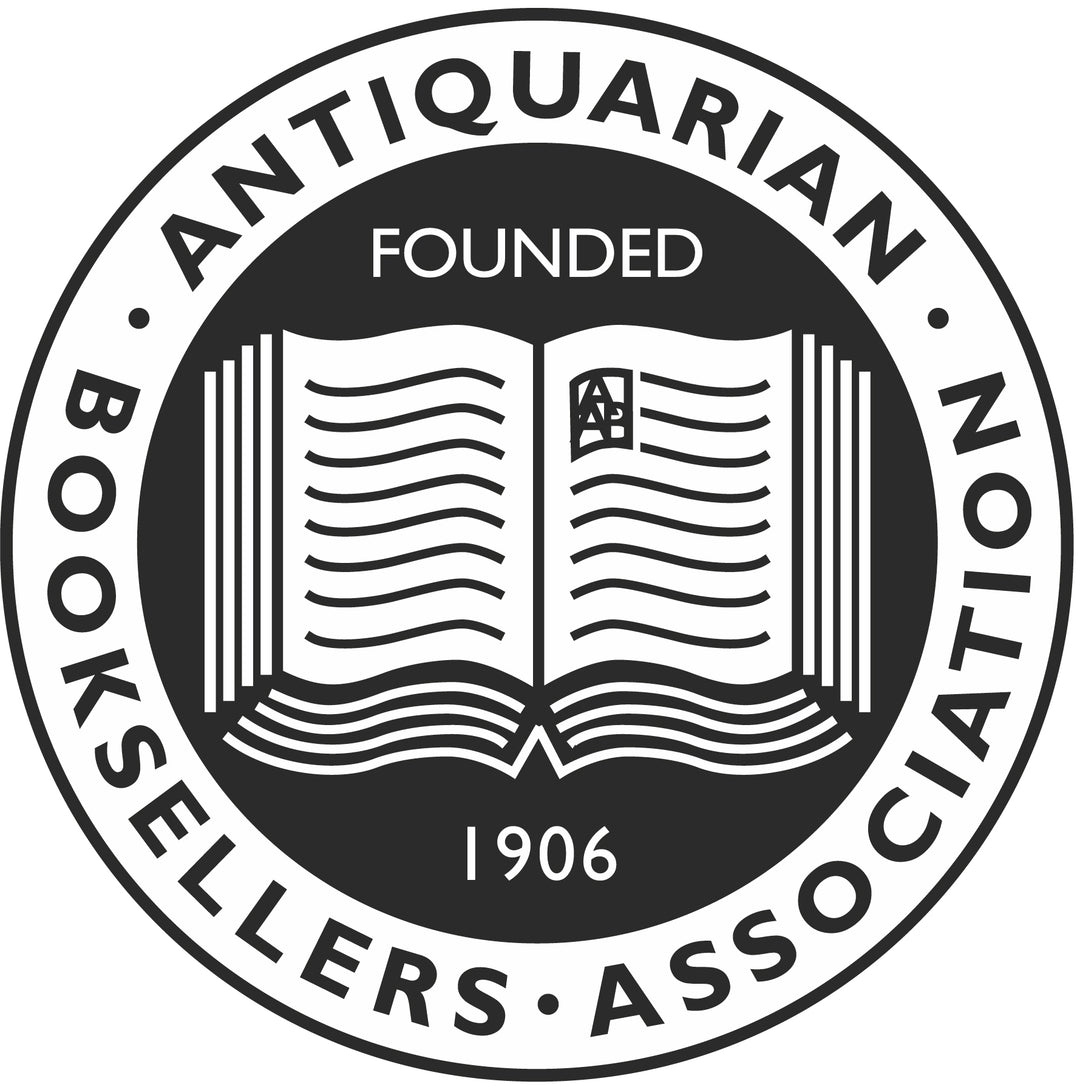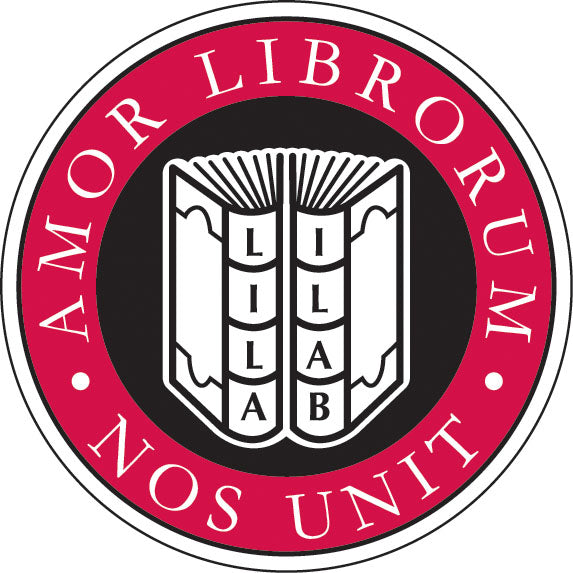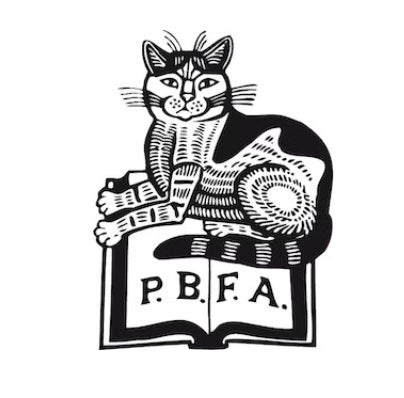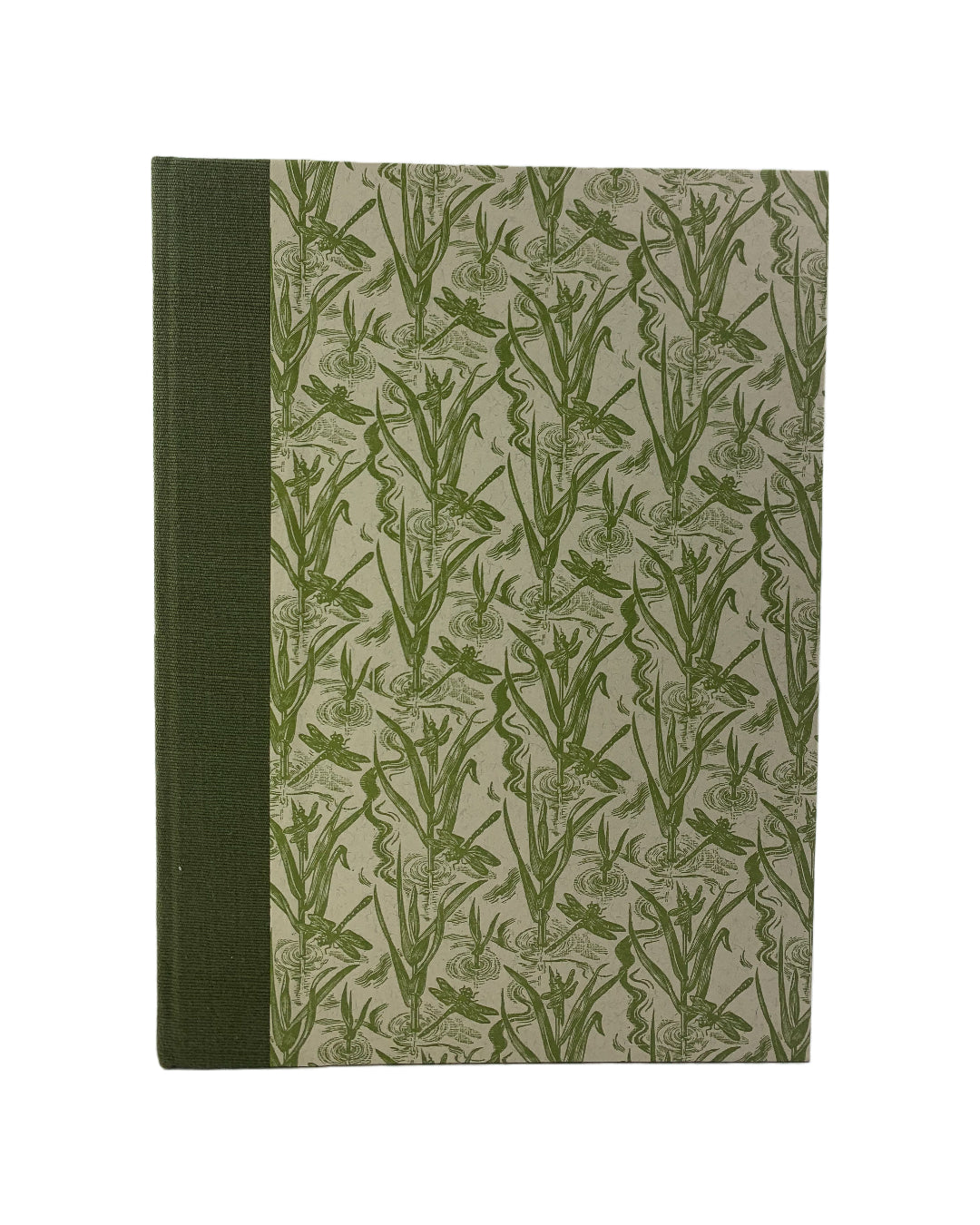
Whittington Press
John and Rosalind Randle started the Whittington Press in 1971, just outside Cheltenham. John had a cousin who lived at Whittington Court who offered them the use of a barn for a printing press. The excellence of the press soon drew in the renowned wood engraver, Miriam MacGregor and Neil Winter who ran the letterpresses. The Randles are responsible for the annual review, the Matrix, much loved by bibliophiles and printers, and have won many international awards. For further information on the Whittington Press please scroll to the bottom of this page.
If you like the Whittington Press then you may also like the Fleece Press.
What's Special About The Whittington Press?
The publication of the Matrix was eagerly anticipated for over 30 years by letterpress afficionados. Of the many accolades and awards won by the Whittington Press, the Institutional award made by The American Printing History in 2009, summed up the Matrix: “Matrix has made distinguished contributions to the study, recording, preservation, and dissemination of printing history, and has done so utilizing a remarkable combination of authoritative scholarship and fine printing.”
Titles printed by the Whittington Press go far beyond the Matrix, for example, John Randle’s Slow Ride to India half bound in buckram with paper sides decorated with a pochoir image by Peter Allen, to Rosalind Randle’s Rose’s Aga Recipes with Linocuts by Judith Verity and tartan boards, to Miriam Macgregor’s engravings in Midwinter - depicting a Cotswolds winter, half bound in blue oasis leather.
John Randle says[1]. “A big chunk of the excitement of doing a book, is finding the material, getting it into shape, creating the idea... it’s the publishing side of it that fascinates me. Creating the book, working with the illustrator, working with the author… you have complete control over everything, every last bit of detail. They’re so important, the last little details.”
Whittington Press was one of a number of private presses of the late 20th through to the 21st century set up in the Cotswolds. There was a proliferation of some of the finest, globally renowned private presses in the Cotswolds. Their work can be viewed at the Royal Academy and other distinguished institutions, such as the Boston Athaeneum and the Library of Congress, Washington. They have been recognised in the UK and internationally, with prestigious awards such as the British Book Design and Production Awards.
The Whittington Press is a worthy continuation of the Arts and Crafts private press movement, many of whose leading proponents lived and worked in the Cotswolds. However a key difference is that it is little known within the UK, other than by a private press enthusiasts.
Several of the leading Arts and Crafts figures were involved in their own private presses. For example, William Morris, who resided for several years at Kelmscott Manor near Lechlade, had his own printing press – the Kelmscott Press. C R Ashbee, who lived in Chipping Camden and Broad Campden, founded the Essex House press; Emery Walker was central to the private press arm of the Arts and Crafts Movement, as technical adviser to William Morris, going on to found the Dove’s Press in 1900. He spent significant amounts of time in the Cotswolds, eventually renting Daneway House near Sapperton.
As with the Arts and Crafts movement as whole, the Randle's interest in private press originated in a passion for craftsmanship. Then as now the private presses sourced finely made, often hand-made paper and high quality inks. The finest bookbindings were an integral part of the process of book creation.
Mark Skipper of Cheltenham Rare Books says “private press books are a throwback to the past, to the days when books were not only visually attractive but were appealing to hold and touch. The use of handmade papers, wood engravings, marbled papers, leather bindings… hark back to the days when books were not only a means of transmitting ideas and information but were also a work of art in themselves"
"Many modern mass produced books have no soul. They are throw away objects, poorly bound, using inferior paper. The pleasure is not sensory, it is purely intellectual. Private press books are works of art – hand crafted, using traditional materials, limited in number, properly made. And there is a link in their design too to the past when the design of a book was as important as its contents.”
Other Cotswold fine press founders we feature include the Inky Parrot Press and Leslie Gerry Editions. More information can be found on both these presses here – and collections we hold are here: The Inky Parrot Press, Leslie Gerry Editions.
[1] in discussion with University of Minnesota Library, who hold the full catalogue of Whittington Press titles
